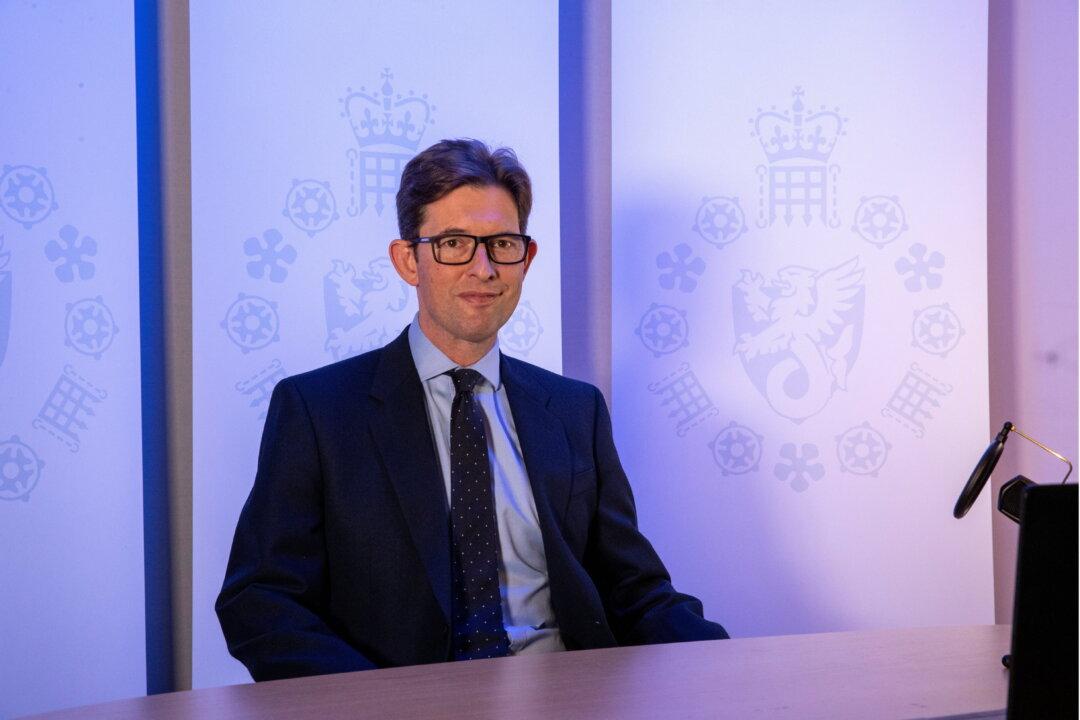MI5 Director General Ken McCallum gave a rare public speech on Oct. 8, shedding light on the biggest national security threats to the UK, which McCallum says have become more complex.
Threats from autocratic regimes—namely Russia, Iran, and the Chinese Communist Party (CCP)—have resulted in a 48 percent increase in state threat investigations, he said.





